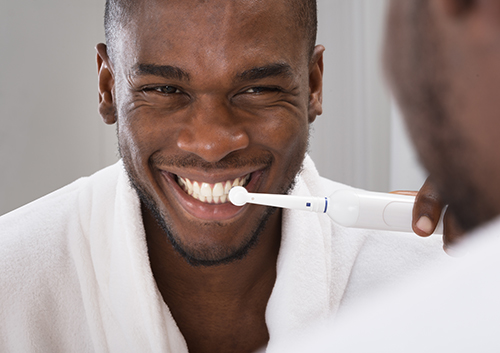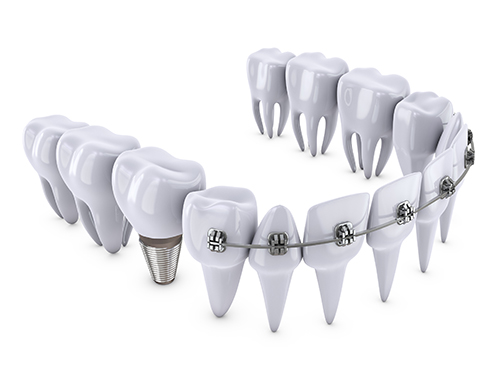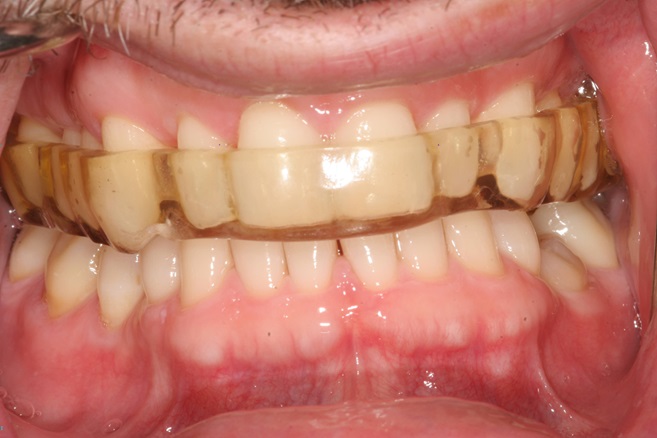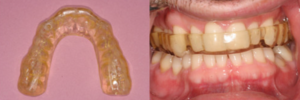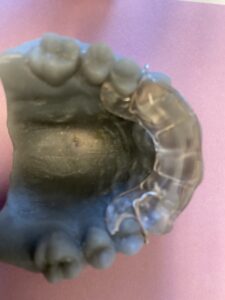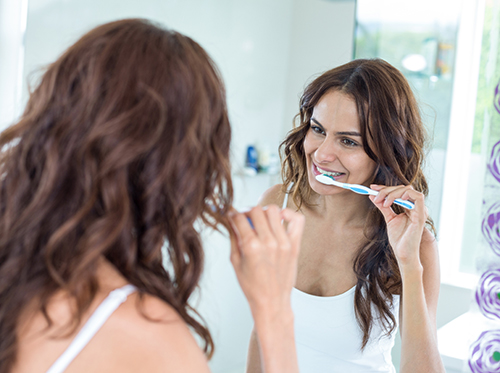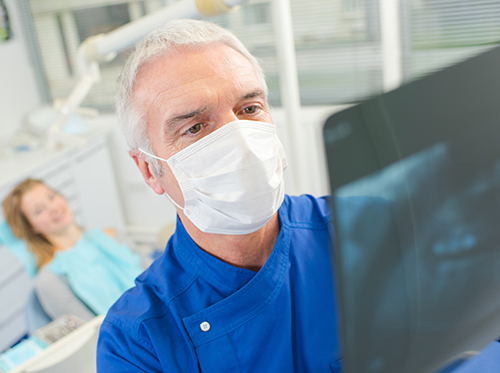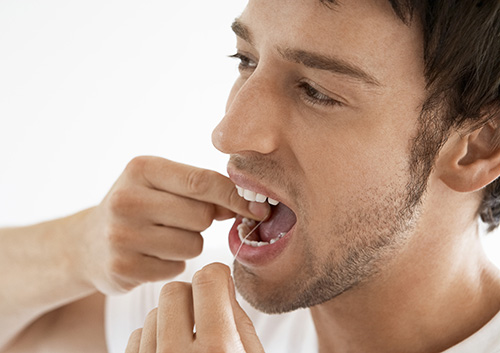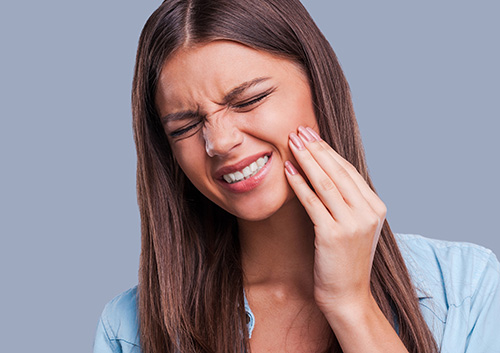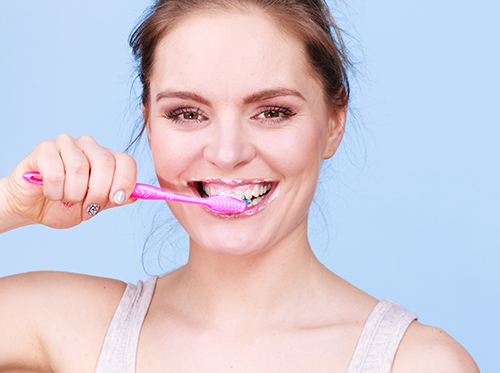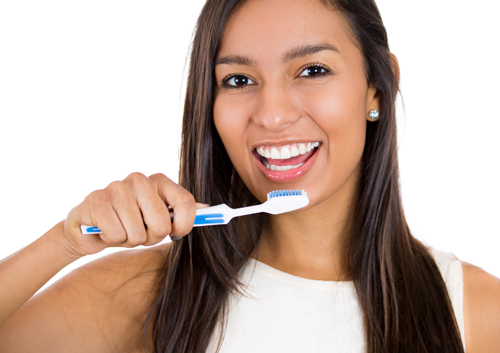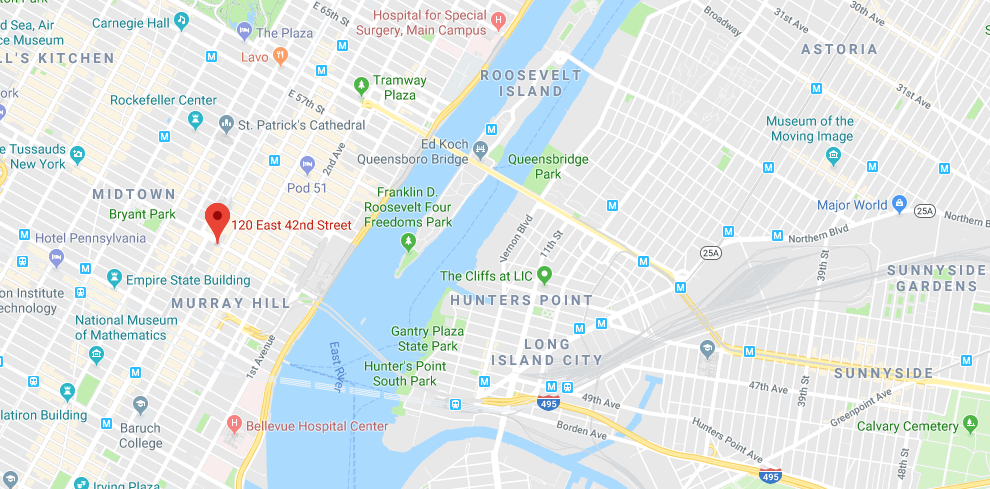Have you ever looked in the mirror and didn’t like the color of your teeth? Do you cringe when looking at photos and notice your teeth are yellowed? Do you avoid smiling simply due to the discoloration of your teeth?
Have you ever considered teeth whitening?
Teeth Whitening is considered a short-term dental treatment that can produce long-lasting results for years. In fact, teeth whitening is the quickest and most comfortable cosmetic dental treatment. Depending on what whitening option you use, you can see results in hours or days!
And it’s actually easier to whiten than you may think! There are countless options to whiten your teeth that fit into your life and schedule. From in-office professional whitening and take-home whitening trays to whitening strips and whitening toothpaste, the choices are endless. Not only is it safe and effective, but here are Ten Sparkling Reasons to Whiten your Teeth!
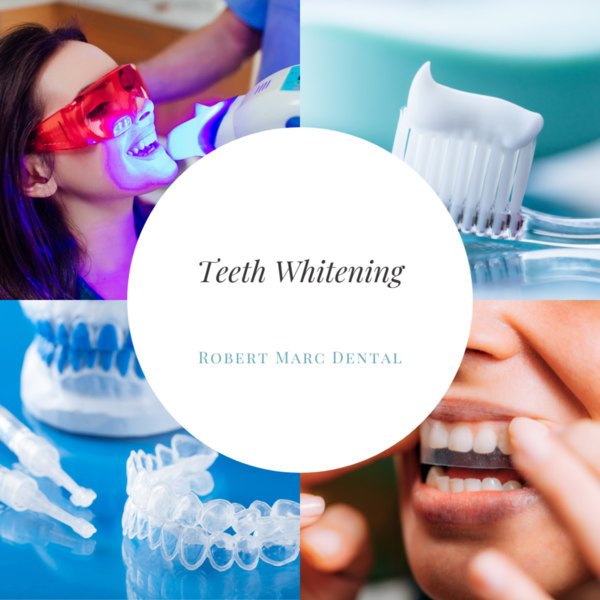
#1 Boosts Self-Confidence
Let’s be honest—you’re not 100% yourself if there is something you’re insecure about. If your teeth are discolored, you’ll want to hide your smile rather than letting it shine for everyone to see. Teeth whitening can transform your smile and give you confidence back in yourself. If you’re confident, the world is yours! The ability to smile freely can change your entire life.
#2 Better Oral Health
You know how the story goes—you take care of things that have value, and you don’t care too much about the things that seem worthless. The same can hold true for your teeth. If you don’t like your smile, you’re not going to take care of it! Yellowed or discolored teeth can seem worthless at times. Whitening can improve your overall attitude towards oral care. In fact, most dentists find that patients who have a brighter smile end up taking better daily care of their teeth. Better oral care not only means less trips to the dentist chair, but better health overall!
#3 Erases the Stains from Food and Drinks
Most people eat or drink something on a daily basis that can stain their teeth. From daily cups of coffee to vinaigrette salad dressing—and all fruits or vegetables in-between—food and drink surface stains happen every day. Overtime, the surface stains become darker and more noticeable. This is why adults often have yellow or discolored teeth. Whitening can lift away surface stains caused by food and drinks, leaving you with a sparkling white smile!
#4 It will Help with Future Dental Procedures
Did you know that teeth whitening can be a benefit to future dental procedures? If you ever need to get fillings, crowns, bridges, or dental implants, it’s better to have your teeth an ideal shade of white. Dental material cannot be whitening, so they must match the current shade of your teeth. If your fillings and crowns are your current shade and then you try to whiten, you could end up with a mouth full of Indian corn. Overall, it’s better to stay on top of whitening!
#5 It’s Great for Special Occasions or Job Interviews
Life is always full of activities! From weddings and graduations to dinner dates and meetings with work clients, there’s always something going on. Make sure you keep your smile as up to date as your itinerary. Give others your best by being your best!
Teeth whitening can also aid in a job interview process. With a white, dazzling smile, you’ll be more inclined to try to smile throughout the awkward, painstaking interview. Your smile could seal-the-deal of being hired. In fact, more employers are willing to hire based on your first impression in the interview. By smiling, you’re showing friendliness and kindness. Employers usually hire employees that are sociable.
#6 Enhance your Appearance
Did you know that a whiter smile increases your attractiveness? A brighter, whiter smile reflects your overall health. Most people find that others who have a whiter smile practice good oral health habits. White teeth can also reduce the appearance of wrinkles on your face. While it won’t make the wrinkles disappear, it will shift the focus away from your wrinkles and draw the attention to your youthful smile!
#7 It’s a Relatively Inexpensive Cosmetic Procedure
Teeth whitening is reasonably the most inexpensive cosmetic dental treatment. While the price varies widely on teeth whitening—from a cheap box of whitening strips to in-office professional whitening—whitening is inexpensive when compared to more invasive cosmetic dentistry like veneers or smile makeovers.
#8 Helps your Self Esteem
Let’s face it—if your teeth are stains or discolored, you’re going to be self-conscious about it! Not only does it inhibit your willingness to smile, but it causes you to feel less than yourself. Whitening can instantly boost your self-esteem by giving you a smile you’ve dreamed of. A brighter, whiter smile gives you something to be proud of. You’ll be more inclined to display your pearly whites for all to see!
#9 You Can Get Sparkling Teeth in Less an Hour
While some whitening procedures can take days or weeks to see results, professional in-office whitening can give you a sparkling smile in less than an hour! With Philips Zoom! Whitening, you’ll see instant results in a single session. Using specialized gel and light activated technology, it takes just three 15-minute applications to produce a beautiful sparkling smile!
#10 Keeps You Feeling Young!
As you age, your teeth naturally become less white and dazzling. When you’re young, your teeth have a strong, white exterior of enamel that gives your teeth a whiter appearance. Time often takes away the bright white appearance of teeth due to enamel stains. Whitening can lift away enamel stains and revive the appearance of the teeth. Whiter teeth will keep you feeling young!
At Robert Marc Dental, we offer a variety of whitening options such as in-office whitening and take-home whitening kits. From our 60-minutes sessions of Philips Zoom! to our take-home whitening trays of Opalescence® Gel, we have many options to fit your unique needs.
Call us today to schedule your next appointment to discuss teeth whitening. Our dentists will help you determine which whitening option is best for you!



































